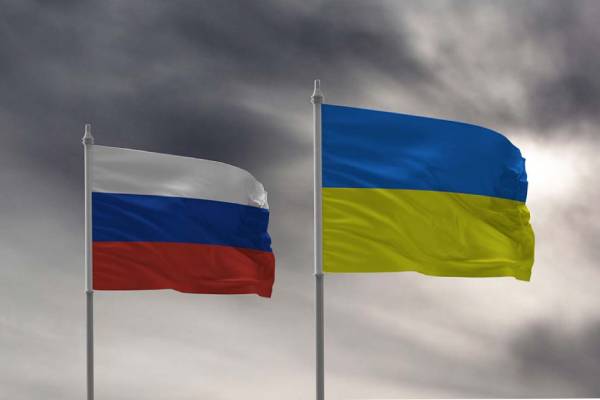Group of European countries pledge expanded support for Ukraine
The leaders of Nordic and Baltic countries, joined by Polish Prime Minister Donald Tusk, voiced their continuing and expanding support for Ukraine.
The manner in which Ukraine criticised a suggestion for mediation by Brazilian President Luiz Inacio Lula de Silva ~ which was that a group of neutral nations come together to broker peace ~ by alleging he was giving equal weight to the victim and aggressor suggested Kyiv’s rigidity.

Representational image [File Photo]
While Washington, Moscow and Kyiv seem to be reconciled to the prospect of a prolonged war in Europe, with each seeking to achieve its own objectives, there are increasing signs that many around the world are less than sanguine about the course of events and have begun reacting to them on the basis of their own interests. Already, Slovakia, Poland, Hungary and Bulgaria have banned the import of grain and other food products from Ukraine, saying they need to protect their farmers who are being hit by the low prices offered by the Ukrainians.
Romania is also said to be considering such a step. While Kyiv and the European Union are unhappy with the bans, there is only so much they can protest about because ultimately each nation must place the welfare of its own citizens above those of even a friendly, or oppressed, neighbour.
The problem for Kyiv might be that after the initial high-pitched support in Western capitals for its defence against a Russian invasion, many may be coming round to the view that the country is showing signs of inflexibility in its approach to conflict resolution.
Advertisement
The manner in which Ukraine criticised a suggestion for mediation by Brazilian President Luiz Inacio Lula de Silva ~ which was that a group of neutral nations come together to broker peace ~ by alleging he was giving equal weight to the victim and aggressor suggested Kyiv’s rigidity. Nations around the world have been impacted in different ways by the war, and for them an end to hostilities is of greater importance than apportioning blame. They are thus entitled to voice their views, and to promote peace prescriptions that might not necessarily please Washington, Moscow, Brussels or Kyiv. In any event, no mediation can ever have a perfect outcome because neither side will ever be happy about the concessions it may have to make. Nations are also entitled to expressing their views on why the war has gone on for as long as it has.
The Brazilian President had earlier said that the United States was prolonging the war by continuing to supply weapons to Ukraine and was criticised for this by both Washington and Kyiv. But this was not an argument without merit, for just as Russia was wrong to have attacked Ukraine, the West and the US are not blameless in engineering the eastward expansion of Nato, or in egging Ukraine on. Brazil, like India and other countries, has followed an approach of neutrality towards the conflict in Ukraine; this does not make it automatically sympathetic to Moscow.
Its President had suggested the formation of what he called a “peace club” to bring the warring sides to the table. This is a laudable objective. The world is not made up of just the United States and its allies. Washington, Moscow and Kyiv must learn to listen to them.
Advertisement